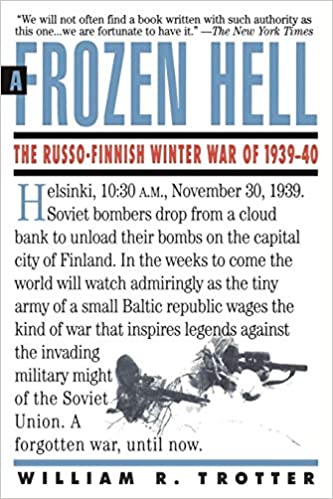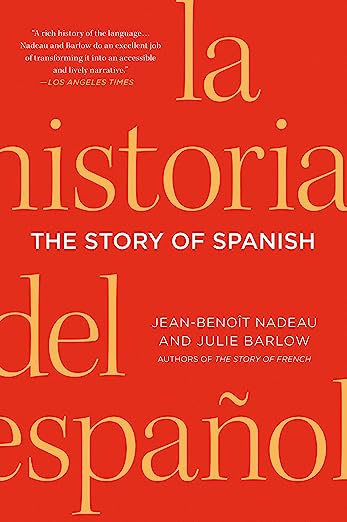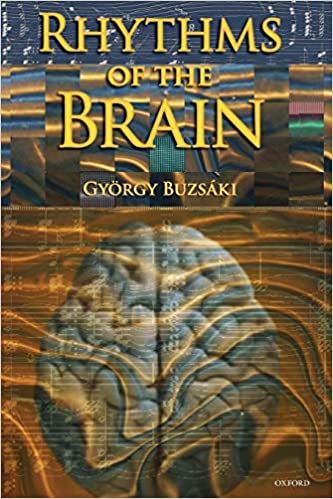
Cheery Friday Greetings to our Learning How to Learners!
Book of the Month
Between the State and the Schoolhouse: Understanding the Failure of Common Core, by Tom Loveless. Now that we’re largely back on track after the epidemic-related school shutdowns, it’s a good time to also get back on track in what’s going on more generally with education. In his insightful book Between the State and the Schoolhouse: Understanding the Failure of Common Core, Tom Loveless provides a compelling analysis of the complex forces that shape education policy and reform in the United States. He explores the history of standards-based education reform, with a particular focus on the rollout and implementation of the Common Core State Standards (CCSS).
What’s particularly enjoyable about this book is that Loveless writes so clearly. (Not like a typical academic!) Loveless also doesn’t take obvious sides in the progressive versus traditional debates—ultimately, that battle is extraneous to whether programs like Common Core work, and are worth the enormous cost and pedagogical upheaval. Loveless himself has led major studies in this area. Ultimately, it seems part of the challenge with Common Core is that it was developed largely behind closed doors, with virtually no input or feedback from boots-on-the-ground teachers. This seems an obvious misstep—yet perhaps surprisingly, part of the reason for the failure of earlier standards was their very openness and transparency.
Between the State and the Schoolhouse is an illuminating guide to the complex machinery behind education reform movements. Anyone interested in going beyond surface-level debates to truly understand the forces shaping America’s schools would do well to read this important and engagingly written work.
How to Quickly Memorize Poems
Here’s a wonderful video by memory maven Nelson Dellis (5 time US Memory Champion) on how to memorize poems, or indeed, any text. Even if you’ve learned a lot of memory techniques already, you’ll benefit from this masterful overview of memorization. The video is so eminently watchable that we watched it twice!
A conversation on the Future Learning Design Podcast about Uncommon Sense Teaching
Join this podcast episode as popular education podcast Tim Logan and Barb enjoy a deep discussion about teaching and learning. Tim approaches the topic from unusual angles, so this is worth a listen (despite Barb’s froggy voice from a cold!)
Top YouTube Teacher Adds His Two Cents on Uncommon Sense
Physicist Giles McMullen-Klein learned to code while studying physics. He now spends most of his time using python to analyse data. As a side hobby, he is one of the world’s most charismatic and popular teachers of python. On this YouTube channel, he posts python tutorials and provides tips about working with data. He also shares about learning resources. Along those lines, here is the best video review we have seen of Uncommon Sense Teaching, comparing it to another of our favorite books on learning—Make It Stick. Well worth watching! [Hat tip: Adam Trybus]
How AI Chatbots Like ChatGPT or Bard Work – Visual Explainer
Here’s an extraordinary set of animations that visually describe what’s going on with Large Language Models. If you are trying to understand LLMs, but don’t get the math or the complex flowcharts, you might be surprised at how much you can learn from these simple visuals. And if you already do have a sense of LLMs, you will marvel at how simple and elegant this explanation is. Kudos to Seán Clarke, Dan Milmo and Garry Blight of the Guardian!
Going Deeper into How Large Language Models Work
This video, by computer scientist Andrej Karpathy, is the best we’ve seen as far as a relatively general-audience introduction to Large Language Models (LLMs), the key processing approach behind systems like ChatGPT, Claude, and Bard. Andrej is back at OpenAI now, but he has served as the Director of AI at Tesla, where he led the computer vision team of Tesla Autopilot. The talk discusses what what LLMs are, where they are headed, and some of the security-related challenges we’ll be facing in this new computing era. [Hat tip, David Handel of iDoRecall, Barb’s favorite flashcard system, which just keeps getting better as it integrates new approaches that are possible now due to LLMs.]
That’s all for now. Have a happy week—and Happy New Year!—in Learning How to Learn!
Barb, Terry, and the entire Learning How to Learn team
- Uncommon Sense Teaching—the book and Coursera Specialization!
- The LHTL recommended text, A Mind for Numbers
For kids and parents: Learning How to Learn—the book and MOOC. Pro tip—watch the videos and read the book together with your child. Learning how to learn at an early age will change their life!















